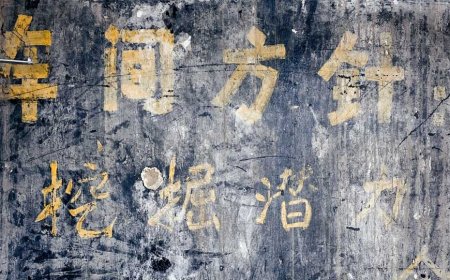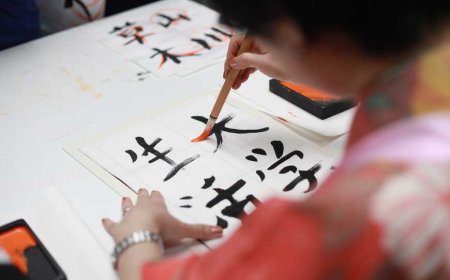Understanding "いただきます" (Itadakimasu) in Japanese Culture
The profound significance of "Itadakimasu" in Japanese culture, a humble expression reflecting gratitude towards food and its providers.

The Deeper Meaning Behind the Japanese Dining Tradition
In Japanese culture, certain phrases carry profound meanings, rooted in tradition and reverence. One such phrase is "いただきます" (Itadakimasu), commonly spoken before meals. Its significance stretches beyond mere acknowledgment of food; it embodies gratitude, respect, and interconnectedness.
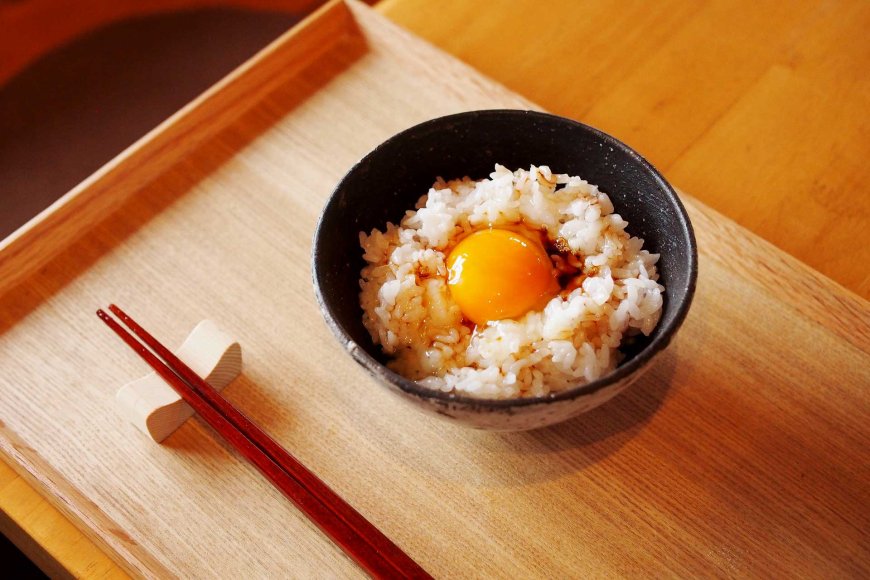
Origins and Meaning
"Itadakimasu" finds its roots in humility and gratitude. Originally, it was a way of expressing acknowledgment for receiving something from a higher entity, whether divine or human. This could range from acknowledging a meal prepared by a chef to receiving sustenance from nature itself.
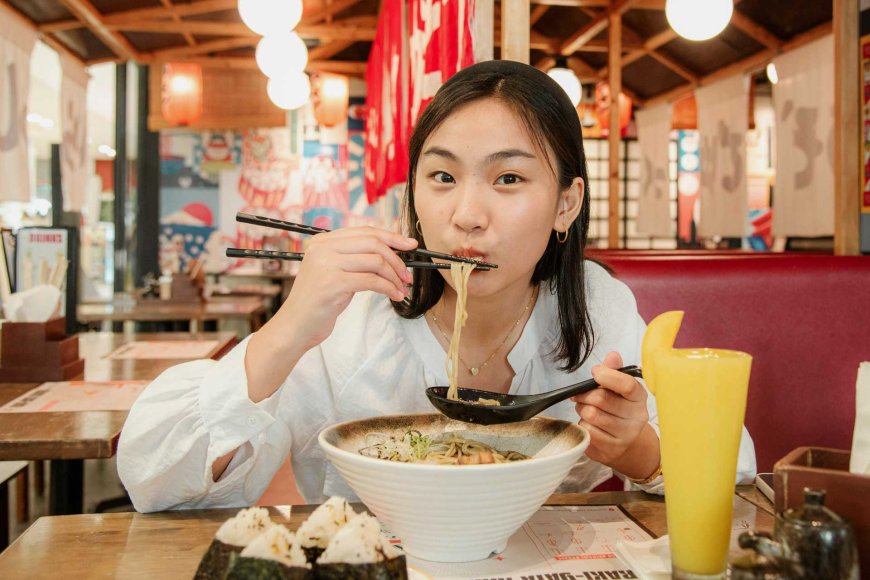
Gratitude in Two Directions
The beauty of "Itadakimasu" lies in its dual expression of gratitude. Firstly, it acknowledges the efforts of those involved in bringing the food to the table. This includes farmers, cooks, vendors, and all individuals contributing to the meal's journey from farm to plate. It's a recognition of their labor and kindness.

Secondly, "Itadakimasu" expresses appreciation for the food itself. In Japan's polytheistic belief system, divinity resides in almost all aspects of life, including food. This is why vegetarianism isn't as easily understood in Japanese culture; even vegetables are revered for their life-sustaining properties. Every ingredient holds significance, and "Itadakimasu" acknowledges this divine presence in the meal.
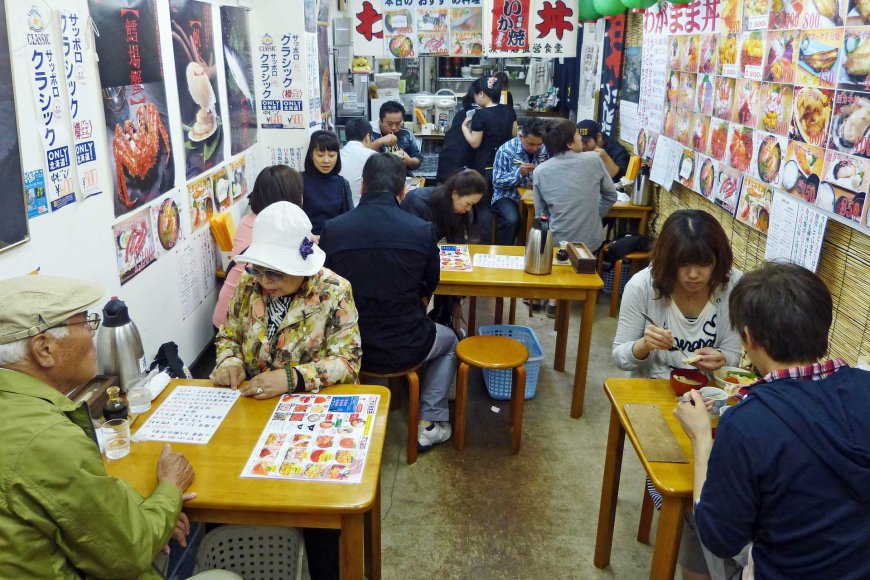
Cultural Significance
The usage of "Itadakimasu" is deeply ingrained in Japanese dining etiquette. It's almost ritualistic, spoken before every meal, whether dining alone or with others. Even if not vocalized, it's often silently expressed as a sign of respect and gratitude. This ritual reinforces the interconnectedness of individuals and their environment, fostering a sense of harmony and appreciation.

Contrast with "ごちそうさま” (Gochisosama)
Conversely, at the conclusion of a meal, the phrase "ごちそうさま” (Gochisosama) is commonly uttered. This phrase, while also expressing gratitude, carries a slightly different nuance. It's a way of thanking the host or chef for the meal, emphasizing the generosity and hospitality extended. Unlike "Itadakimasu," which focuses on receiving, "Gochisosama" centers on acknowledging the giver.

Cultural Implications in Translation
Translating these phrases into English doesn't fully capture their depth and cultural significance. While "Itadakimasu" may be rendered as "I humbly receive," and "Gochisosama" as "Thank you for the meal," the nuances of gratitude, humility, and interconnectedness may be lost in translation. These words are more than just polite expressions; they reflect a profound appreciation for sustenance and community.
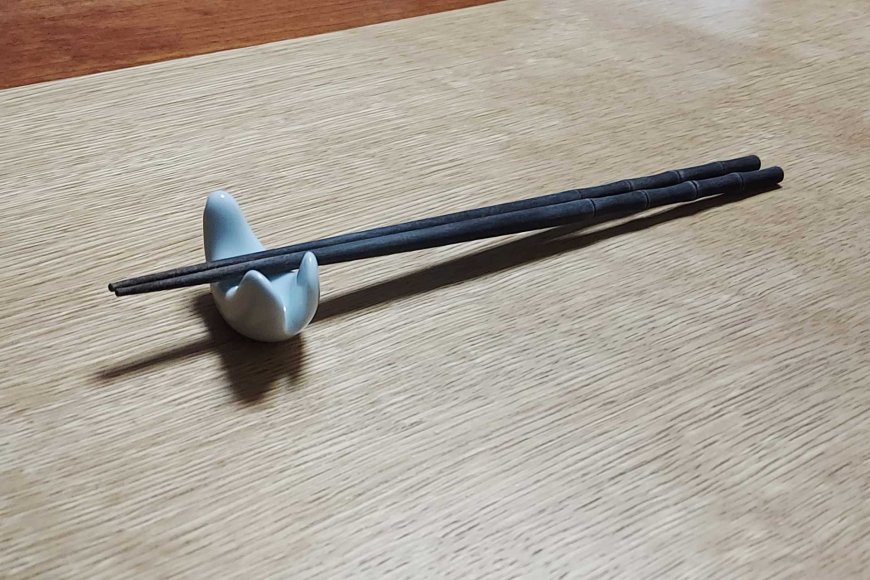
In Japanese culture, the phrase "Itadakimasu" transcends mere politeness; it's a reflection of gratitude, humility, and reverence for sustenance. It embodies a deep-seated respect for the interconnectedness of individuals and their environment. Understanding the significance of this phrase offers insight into the rich tapestry of Japanese traditions and values surrounding food and gratitude.
Find Cheap Flight Tickets to any Destinations in Japan and the Philippines
Nipino.com is committed to providing you with accurate and genuine content. Let us know your opinion by clicking HERE.




















































